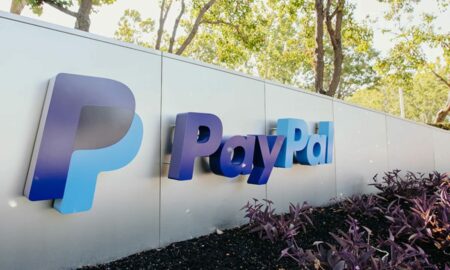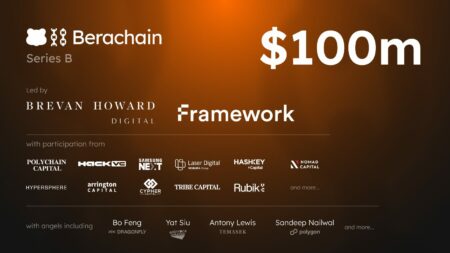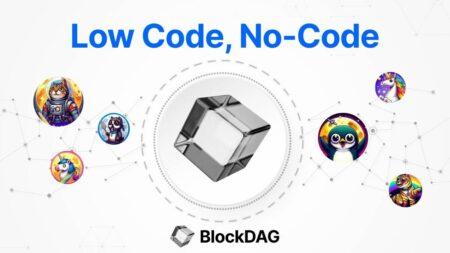The Shift in PayPal Protection Policies The popular online payment platform PayPal has revealed a big change in the policy…
Noteworthy News
NFT Evening has covered some of the most important tech events in history. From NFT news, to metaverse, blockchain gaming, AI, and digital fashion, you can find the all of the most important news stories here.
Want something more in-depth? Check out our guide on What an NFT is!
Need some context? Brush up on your jargon with our guide on NFT Terminology.
As the crypto realm witnesses a resurgence in XRP Ledger’s functionality and Kaspa’s short-term price predictions, the spotlight now shifts…
BlockDAG has catapulted into the spotlight with a groundbreaking 30,000x ROI projection following the unveiling of its technical whitepaper. This monumental achievement…
In the competitive arena of cryptocurrency presales, two prominent coins have caught the market’s eye: Solana and Dogwifhat. Solana is…
The non-fungible tokens (NFTs) of the Bored Ape Yacht Club (BAYC) had a major decrease in price recently. From its…
In order to launch a special line of virtual running sneakers known as Solana NFTs, the famous sportswear company Adidas…
The crypto sphere has been electrified by the explosive entrance of the DTX presale. With groundbreaking features like offering up to…
As the cryptocurrency market buzzes with developments around Ethereum and fluctuating prices of Arbitrum (ARB), BlockDAG Coin has captured the…
While the cryptocurrency market is abuzz with developments from Aptos and Kaspa, BlockDAG is capturing the attention of the investment community…
The recent surge in cryptocurrency has unveiled extraordinary success stories, notably a young Californian who turned a hefty profit from…
Berachain Raises $100M in Series B Funding The layer-1 blockchain Berachain has completed a Series B investment round, successfully raising…
BlockDAG is making a significant impact in the cryptocurrency market, with its recent presale reaching a remarkable $17 million, overshadowing concerns…












